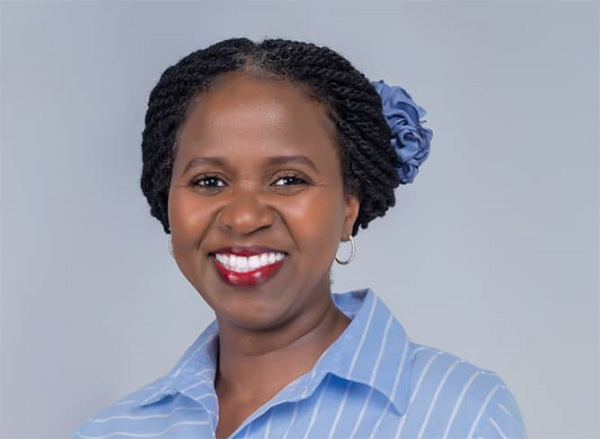Mama Tendo Parenting Symposium - You can’t discipline what you have not taught
Parenting coach Olga Ajili says effective discipline is not about punishment, but about equipping children with the skills and values they need to succeed in life.
Mama Tendo Parenting Symposium - You can’t discipline what you have not taught
_______________
Teaching children discipline and responsibility requires a thoughtful approach that balances guidance with empathy and is proactive rather than reactive.
Parenting coach Olga Ajili says effective discipline is not about punishment, but about equipping children with the skills and values they need to succeed in life. It requires setting clear expectations and consequences and fostering a strong parent-child relationship built on mutual respect and trust.
Ajili was speaking during a recent New Vision X Spaces talk.
Ajili’s talk is one of the activities leading up to the Mama Tendo Parenting Symposium and Kids’ book launch this Thursday, July 31, 2025, at Kololo Independence Grounds.
Training up a child starts from birth. “From the moment your baby is breastfeeding, that’s a good time to start giving instructions. At nine months, for example, if a baby bites during breastfeeding, you pinch or spank their thigh gently, so they learn to connect pain with their action. A parent who calmly disciplines in that moment is not being harsh, they are teaching.”
Parenting coach Olga Ajili says effective discipline is not about punishment, but about equipping children with the skills and values they need to succeed in life. (Courtesy photo)
The problem, Ajili says, is that discipline today is often reactive. “We shout out of frustration while a child is throwing a tantrum, but we have not laid the groundwork. We are disciplining in anger,” she says. “Yet if you had practised saying, ‘Sit down,’ when it was not crucial, then when it is crucial, like when you’re crossing a road or leaving the house, children know how to listen.”
The “why” behind the instruction
Parenting needs a plan. “Many of us are raising children without a roadmap.”
Ajili turned to her children to ask how she could better communicate with them. One of them replied, “Explain the why.” This is different from how many were raised.
“Many of us who were raised by African parents are not used to explanations. We were just told to do something because they said so. But when you take the time to explain why they should bathe, or why the bed should be neat, there is a shift.”
That shift can change the home culture. “Older kids start telling the younger ones the reasons for the rules, why it’s nice when the room is clean, or why we need to share. They pass the message along.”
This kind of communication matters more with teenagers. “You cannot rely on authority forever. As children grow, your authority should decrease while your influence increases.”
“Before 10 years old, you use authority. But after that, begin switching to influence. Influence is the why, the explanation, the modelling. Influence is earned.”
When dealing with teenagers, inspiration, which is premised on influence, is better than authority. Influence, she explains, comes through consistency and conversations, not fear.
And yes, rewards are part of life too.
“We reward employees at work, why not at home? Attach rewards to desired behaviour, especially after 10 years old. Always combine it with conversation, because they must understand the reason for the reward.”
Spanking
Ajili doesn’t shy from the topic of spanking, which is often misunderstood. “It’s difficult to spank a young child and not inflict pain on them, but what matters is how it’s done.”
Measured, private, and explained discipline, she says, makes the difference.
“If the child knows ahead of time what each consequence means – one spank means you didn’t know, two means disobedience and three means rebellion. But do not do it out of anger. You take the child to a private room, ask them what they did and ask what the punishment is. Then you comfort them. Hug them. Let them cry and calm down before they return.”
The key is preserving the child’s dignity.
“You want to correct without breaking the relationship. Children can mock each other for being disciplined. That’s why it’s private. Rebuke in private, reward in public.”
You can’t expect what you haven’t taught
Ajili offers one of the most practical parenting truths: “You cannot discipline what you haven’t trained.”
The process she recommends is simple; first, do the task while they watch. Then do it together. Then let them do it while you watch. Only after that do you let them do it independently and inspect the work. This, she says, applies to everything. From washing underwear to putting toys away.